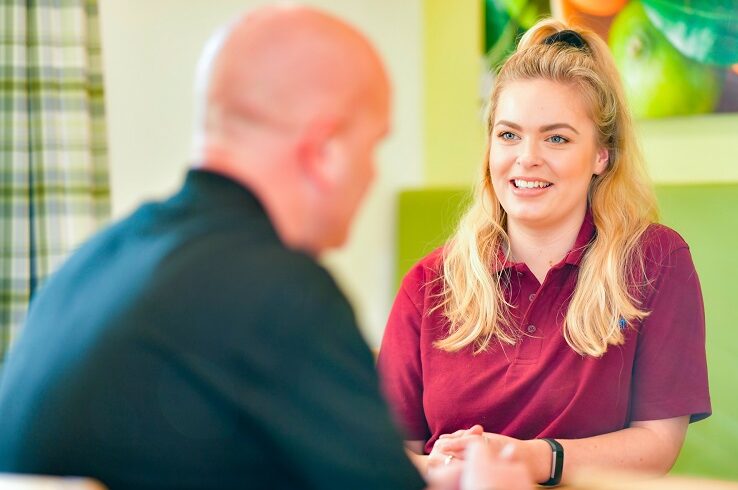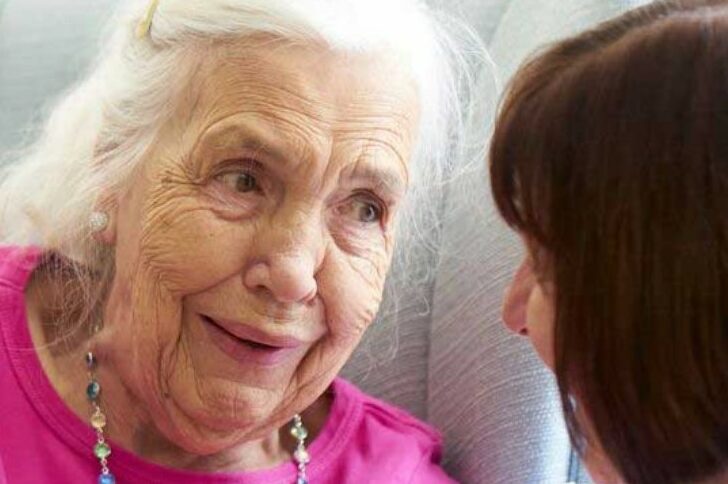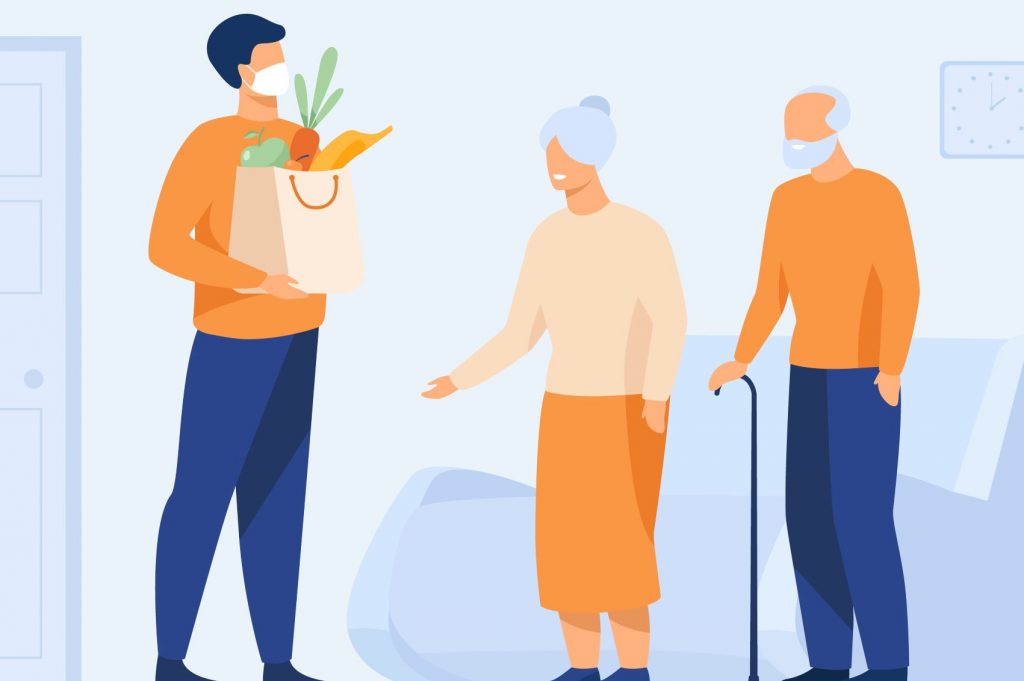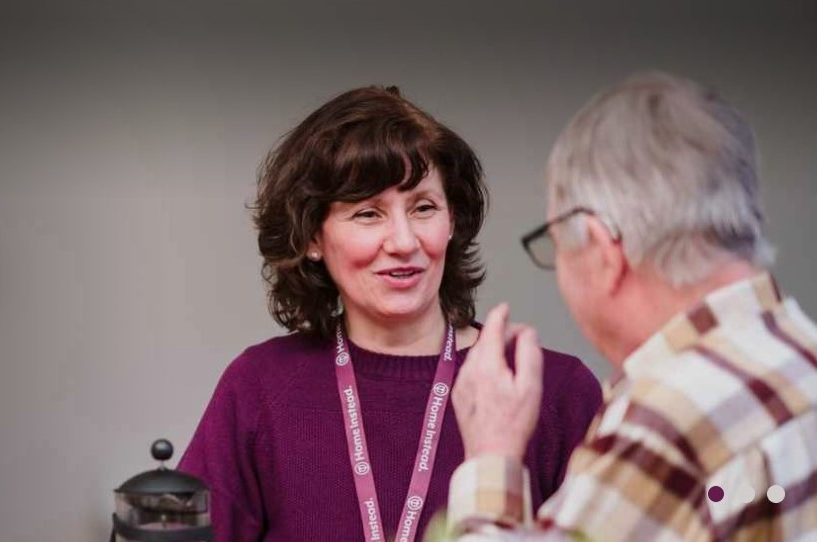Building on the positives
Building on the positives
Happy New Year! I hope every adult social care colleague, carer and those accessing care and support had a lovely Christmas and welcomed in 2026 with rest, reflection and renewed energy.
Happy New Year! I hope every adult social care colleague, carer and those accessing care and support had a lovely Christmas and welcomed in 2026 with rest, reflection and renewed energy.

Developed by the NHS and then adapted for use in social care, a new infection prevention control toolkit has been launched to help all social care colleagues protect themselves and those they care for. It can be used to start a conversation and help you find the answer to the question: ‘What can I do …

In February 2021, the Commission on the Role of Housing in the Future of Care and Support published its first report – a policy discussion paper outlining the major issues facing accommodation provision for older people and setting out a vision for a better future, with some preliminary proposals the Commission had been exploring as …

To mark Huntington’s Disease Awareness Month, the manager of a dedicated therapeutic facility for men living with neurological disease and brain injury reflects on the journey of one man and the effects life changing conditions like his can have on individuals and those around them.

Like many of us, care home manager, Lesley Griffiths, could not have envisaged the enormous impact coronavirus would have on the care sector and our wider communities. Managing a large residential nursing home suddenly became a daunting task. Lesley shares fears, learning curves and hopes for the future.

A new podcast series presented by mental health social workers explores real stories from people who have lived experience of serious mental health difficulties. Co-hosts, Beth Green and Tom Pollard have spent the last three years working in NHS community services, with individuals who have experiences often diagnosed as psychosis, bipolar and complex trauma.

Deborah Sturdy is delighted to announce the launch of the first ever Chief Nurse Adult Social Care Awards, rewarding the significant and outstanding contribution made by care workers and nurses in England. Find out how you can nominate the great and the good of social care.

Gil Chimon, a care home manager at dementia care specialist Vida Healthcare, discusses how visiting arrangements are working under the new guidance and expresses his hopes for the future.

Home Instead were among the first homecare providers in the UK to begin weekly COVID-19 testing of their staff. Karina Brown, managing director of Home Instead Bromley, shares initial experiences with the Social Care blog and the Department of Health and Social Care to help shape future workplace testing.

"If we want to reform the social care system it has to start with a wholesale shift in the way all of us, at every level of the system, view the very people who draw on services." TLAP's Clenton Farquharson returns to the Social Care blog with some positive musings on the future of social …

Last month, the Department of Health and Social Care launched an open consultation seeking your views on making vaccination a condition of deployment in older adult care homes, to protect the people most at risk in our communities. The consultation remains open until Friday 21 May 2021. Many of you have contributed, but we still …